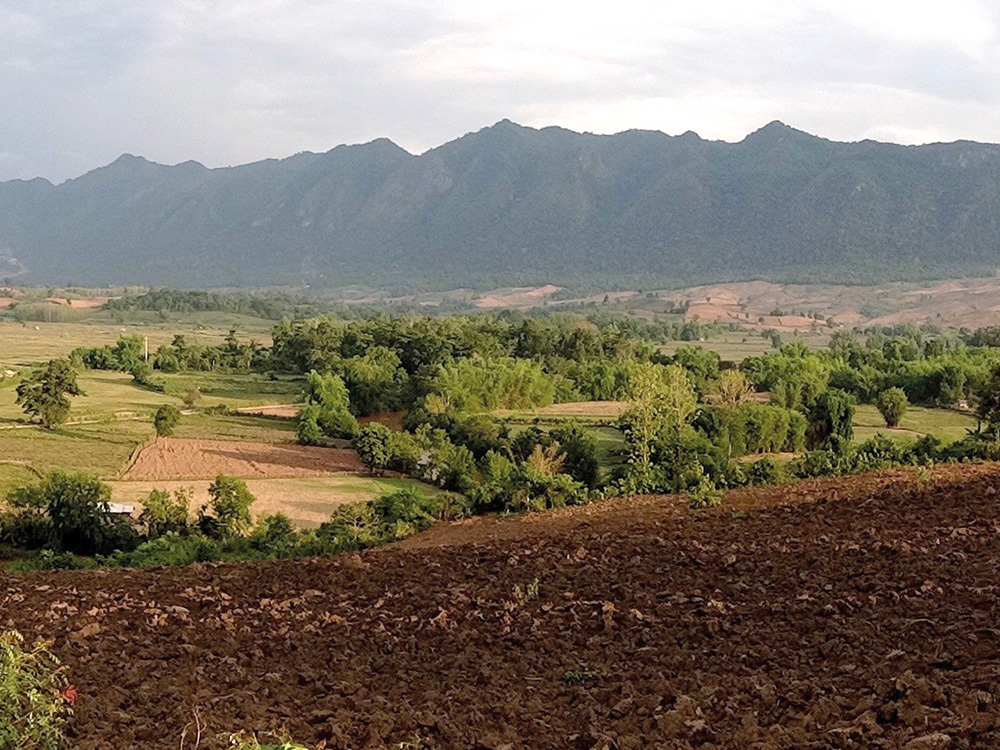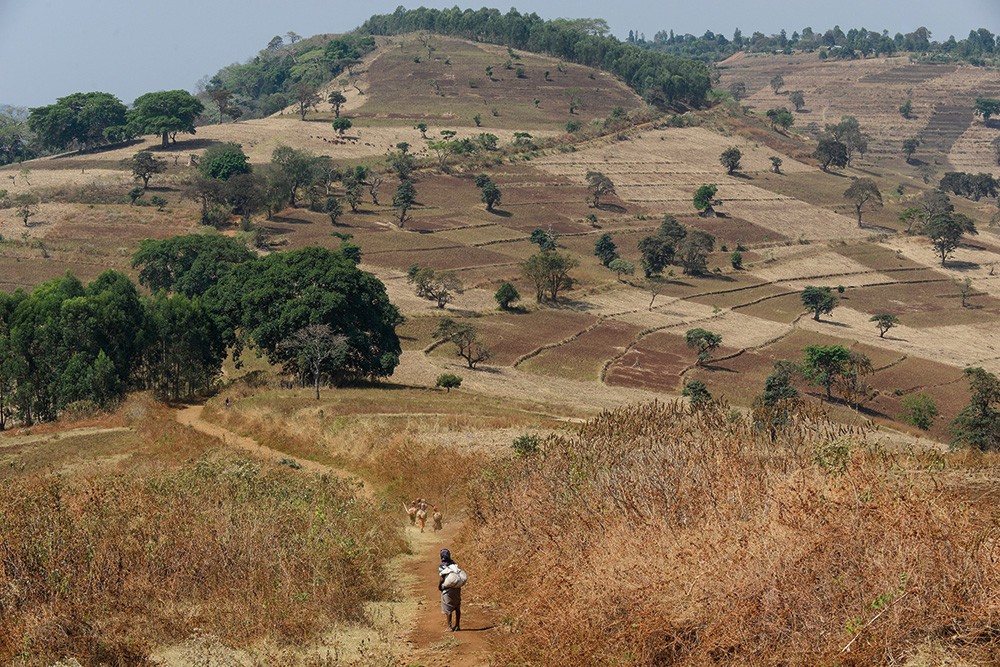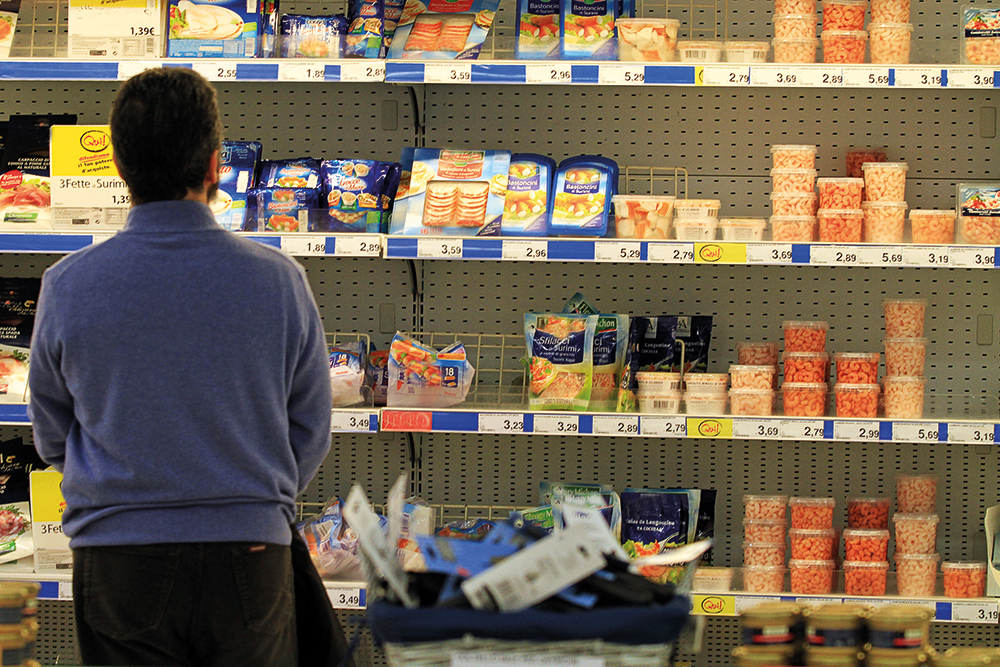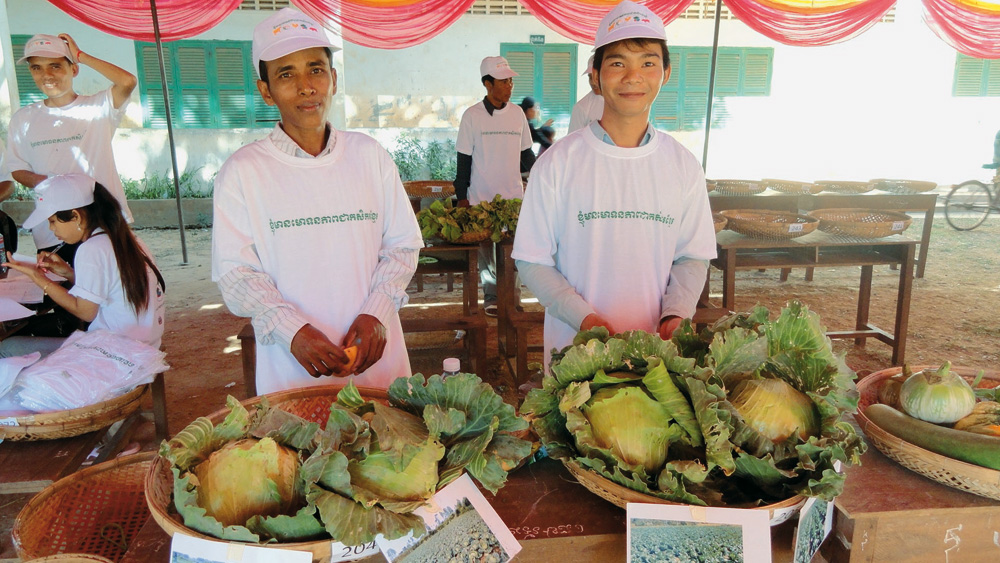Location
The international journal Rural 21 has dedicated more than 40 years to all topics surrounding rural development. Its ambition is to further those strategies and policies that strengthen rural areas of developing and newly industrialising countries and encourage their implementation. The journal addresses the complete range of relevant themes – from agriculture and fisheries via capacity building and education through to health and social security, energy supply and trade. Center-stage is always devoted to inquiring into how measures and strategies can contribute to global food security and to reducing poverty.
Rural 21 desires to further the dialogue between science and politics, the private sector, civil society and practitioners. Two platforms are designed for this purpose: Rural 21 in print is published four times a year, each issue highlighting a specific focus of rural development – this print edition is read in more than 150 countries. In parallel, Rural 21 online keeps the rural development community up to date on news and events, scientific findings and other print and online publications.
Rural 21 is published by DLG-Verlag GmbH in Frankfurt/Germany. Financial partners are BMZ (German Federal Ministry for Economic Cooperation and Development), GIZ (Deutsche Gesellschaft für Internationale Zusammenarbeit), DLG (German Agricultural Society – Deutsche Landwirtschaft-Gesellschaft), SDC (Swiss Agency for Development and Cooperation) and Helvetas Swiss Intercooperation.
The first issue of Rural 21 dates back to 1968. From 1974 to 2007, the journal was published in three languages entitled "entwicklung & ländlicher raum" / "agriculture & rural development" / "agriculture & développement rural". In 2008, the journal was relaunched as "Rural 21".
Members:
Resources
Displaying 71 - 75 of 319Machinery rings – a mechanisation concept for African farmers?
One of the basic conditions of empowering farmers is to get them organised. Machinery rings are a promising organisational concept to link up the farms and raise their profitability and power by promoting mechanisation in rural areas.
FlexiBiogas – a climate change adaptation and mitigation technology
Access to modern renewable energy services are a key input to poverty eradication and in ensuring food security. Biogas is a renewable energy option suited to provide clean, modern and decentralised sources of energy. Portable systems, such as FlexiBiogas, offer a lot of advantages over traditional fixed dome systems.
“Family farms are key to feeding the world”
José Graziano da Silva, Director-General of the United Nations Food and Agriculture Organization (FAO), on the role of family farms for global food security, the need for sound rural development stategies and the responsibility of governments, the private sector and civil society.
Women – the untapped potential for food security
Despite the crucial role of women in family farms and small-scale agriculture, gender inequality is still present in many ways – jeopardising the food and nutrition security of millions of people.
Family farming – a model with a future?
Is there good reason to make family farms a focus of global attention for a year? Or is it not rather reckless to advocate a concept while completely disregarding the fact that the necessary conditions are often not in place? A few entirely personal thoughts on the International Year of Family Farming.






